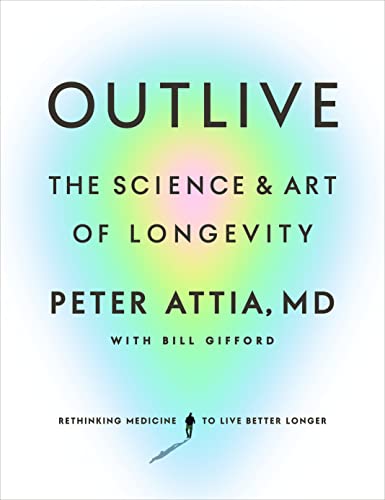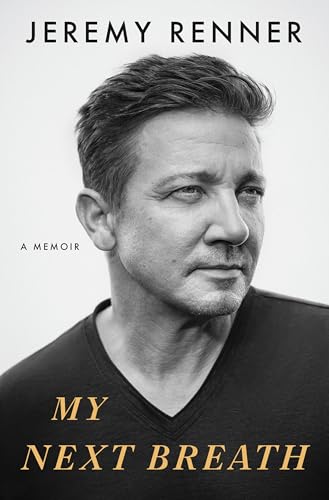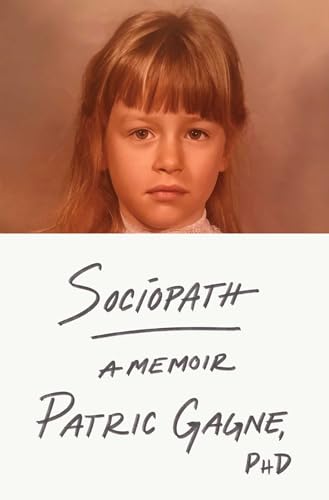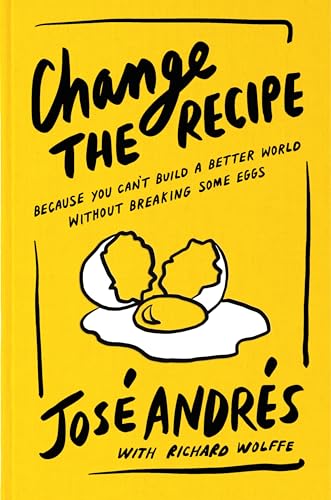Review of OUTLIVE
by Johny McFliggen, PhD Literature & Business, Oxford
Ah, "OUTLIVE" by Peter Attia with Bill Gifford, a tome that aspires to be the holy grail for those yearning to dance with Methuselah himself. Attia, the physician who dabbles in the alchemy of longevity, pairs with Gifford to take a deep dive into the science of aging. The book is akin to a scientific smorgasbord, offering a feast for those who wish to extend not just their lifespan but their healthspan—a term that, in the realm of wellness jargon, has become as trendy as kombucha at a Silicon Valley brunch.
Attia's narrative is an intricate tapestry woven with threads of preventive medicine, exercise regimes, and nutritional sagas. He champions the idea that one must be a warrior in the battle against the chronic maladies that plague modern existence. His call to arms is for early intervention—a clarion cry for those who would rather not wait until cardiac calamities or cancerous conundrums come knocking at their doors.
In a world where "The Walking Dead" seems more like a documentary on modern health issues than a fictional series, Attia's emphasis on mental well-being and stress management is particularly apt. He argues convincingly that the mind is as much a battleground as the body itself. Personalized medicine, with its promises of tailoring health strategies to our genetic blueprints, is presented not as a futuristic fantasy but as a present-day imperative.
The book's strength lies in its meticulous research and evidence-based guidance; however, its Achilles' heel may be its density. For readers weaned on the soundbites of Instagram wellness influencers, the technical profundity of "OUTLIVE" might feel like wading through an endless sea of scientific minutiae. It’s comparable to David Sinclair's "Lifespan" but with a more clinical bent, contrasting with the lifestyle-focused narratives of Dan Buettner's "The Blue Zones."
Yet, Attia's work does not devolve into the preachy dogma that often pervades health literature. Unlike Michael Greger’s "How Not to Die," which can feel like an evangelical tract for plant-based living, "OUTLIVE" offers a broader palette of strategies—though it may lack the punchy brevity some might crave.
In the end, "OUTLIVE" is both a gift and a challenge—an opus for those who yearn for depth and actionable insights rather than superficial solutions. While it has not garnered literary accolades, its contribution to our understanding of health and longevity is undeniable. It’s a book that dares you to confront your biological destiny with the audacity of Tony Stark tinkering with his arc reactor—a commitment to life optimization that is both cerebral and deeply personal.
Purchase Link: OUTLIVE on Amazon



